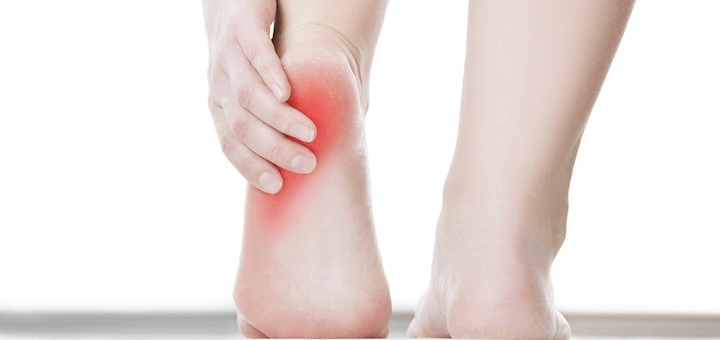EFFECTS OF BAD SHOES AND FOOT WEAR

EFFECTS OF BAD SHOES AND FOOT WEAR
"Wearing ill-fitting shoes, particularly high heels, has been dubbed 'shoe-icide' by foot and ankle surgeons. With the increasing popularity of online shopping, it has become more tempting to buy fashionable shoes that may not provide a proper fit. The following are some common issues related to wearing inappropriate footwear."
Tight, pointed Shoes:-

Pointed-toe shoes, such as bellies, are more commonly bought by women even if they are too small and tight at the front. However, wearing such shoes can lead to various foot deformities including corns, bunions, hammer and claw toes, cross over toes, and ingrown toenails, which may eventually require surgical intervention to rectify.
High Heels:-

According to the American Podiatric Medical Association, wearing high heels can result in various health issues ranging from ankle sprains to chronic pain in areas such as the heels, knees, back, and shoulders. In addition, a study conducted in 2010 found that women who wore high heels at least five times a week for two years had calf muscles that were 13 percent shorter and Achilles tendons that were stiffer and thicker compared to those who did not wear high heels.
Ballet Flats:-

Thin, flat shoes can feel like walking on cardboard, as they lack proper arch support. This lack of support can prevent feet from functioning at their best, leading to knee, hip, and back problems. Additionally, poor arch support is known to be a contributing factor in the development of plantar fasciitis, a painful heel condition.
Flip-Flops:-

Flip-flops provide minimal protection, leaving the feet vulnerable to injuries such as splinters. This is because they expose most of the foot. For people with diabetes, wearing flip-flops can be particularly dangerous as even minor cuts and scrapes can lead to serious complications. Furthermore, many flip-flops lack arch support, which can worsen plantar fasciitis, just like flats.
Platform Shoes:-

Platform shoes and wedges often have a rigid footbed that can disrupt the natural biomechanics of walking. The inflexibility of the shoe can interfere with the way your foot naturally moves, causing discomfort and even pain. Moreover, if the heel of the platform is significantly higher than the toe area, the shoe can lead to the same issues as high heels.

The majority of women, around 90%, are wearing shoes that are too small, resulting in unpleasant effects such as calluses, blisters, bunions, corns, and various other issues. Consistent rubbing caused by ill-fitting footwear can also cause joint irritation and eventually lead to arthritis.





